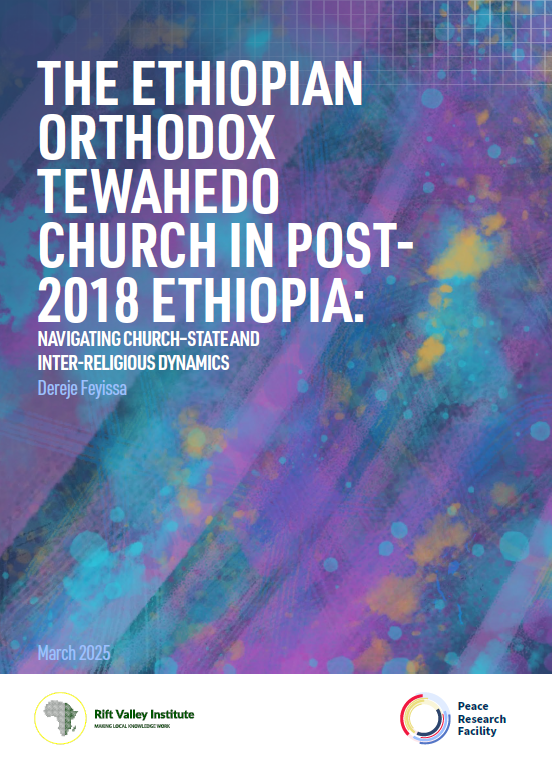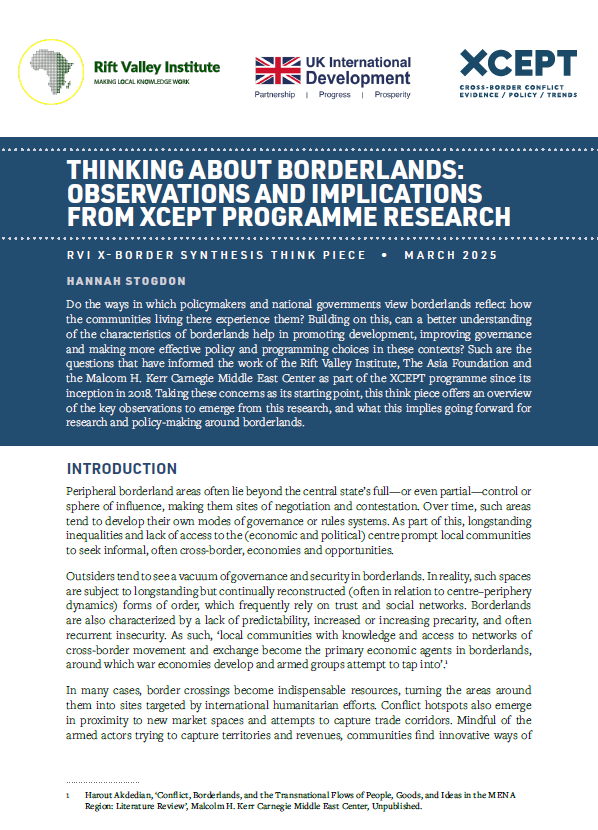On 12 and 13 March, the Rift Valley Institute (RVI) and University of Gothenburg co-convened a regional conference on stabilisation at the Kenya School of Government in Nairobi. The conference—“Stabilisation in Eastern and Central Africa: history, theory, policy and practice under scrutiny”—attracted some 90 participants from the Democratic Republic of Congo, Somalia and South Sudan, drawn from the civil society, governments, the UN and the donor and diplomatic community. They were joined by experts from Europe, North America and Canada.
The objective of this two-day conference was to question, review, evaluate, and exchange lessons on the impact of stabilization programmes in Somalia, South Sudan and the Democratic Republic of the Congo with the aim of informing policies to enhance peace and security in Eastern and Central Africa.
Discussions were structured around four themes:
1. Stabilization: history, theory, policies and global operations;
2. Stabilization and security: peacekeeping, civil-military relations, counterinsurgency, security sector reform, protection;
3. Stabilization and politics: peace frameworks, political processes, reconciliation, governance, justice;
4. Stabilization development and humanitarian action: land, returnees, IDPs, social services, the role of international development partners.
A conference report, summarizing the discussions and key lessons arising, is forthcoming.
Two conference participants—Sagal Sheikh Ali from Somalia and Geoffrey Lou Duke from South Sudan—and one speaker, Mvemba Dizolele from the US, shared what they took away from the two-day discussions on stabilisation.


